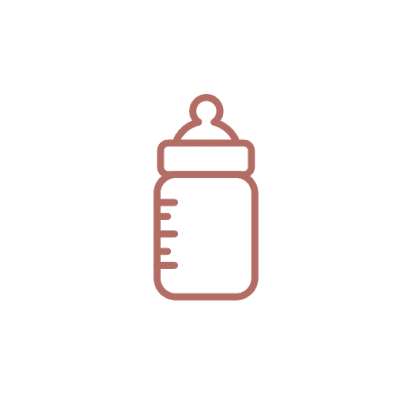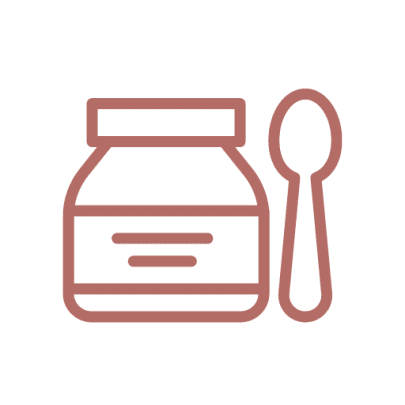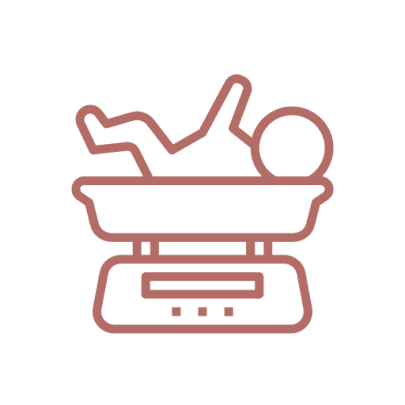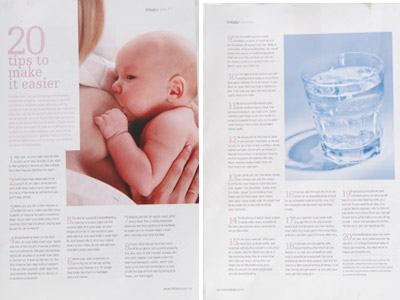20 Tips to Make it Easier
It is often said that breastfeeding is much easier than formula-feeding – no equipment to sterilize, no rocking a screaming baby while you wait for a bottle to heat up.
But breastfeeding, like everything else, must initially be learned, and the first few days can be difficult, even for mums who have previously given birth and successfully breastfed.
Ensuring you have plenty of support is vital, as is taking the time to observe your baby’s feeding cues, and making sure your positioning is optimal.
Frances McInnes of Breastmates offer advice to help you establish successful breastfeeding.
1. Stay calm, as your baby may be able to pick up on your anxiety. If you start to feel uptight or wound up, take a break for a few minutes and then try again
2. Don’t place high expectations on yourself. It can take a while before your milk flows, before baby gets the hang of latching, and before you get things sorted.
3. While you are still in the hospital or maternity ward, make sure the nurse, midwive, or lactation consultant helps you to latch baby every time you feed. Don’t be shy about ringing your buzzer to call someone!
4. Breastfeeding does hurt to start with. As your baby draws your nipple into his or her mouth it can be a painful tearful experience. The pain should stop about thirty seconds or so after baby is latched on. It may be like this for three or four days with a newborn. If the problem persists – seek help from your midwife, plunket nurse, doctor or a lactation consultant.
5. The key to successful breastfeeding is making sure baby has the correct latch. Put baby on your breast when his or her mouth is open wide and full. Pull your baby’s head to your breast – don’t drop your nipple down to baby as you will get sore shoulders and back.
6. When your baby is latched on correctly, his or her lips will be covering your breast in a “K” shape that looks like the K on Kellog’s Special K cereal.
7. Always use lots of nipple cream after every feed. This is really important when you are first starting to breastfeed, so put some in nipple cream when packing your hospital bag.
8. If your baby has an incorrect latch or if he or she is not suckling properly, it is very easy to get cracked, grazed and very sore nipples. Use nipple cream to heal damaged nipples, and if your baby is not latched comfortably on you, break the seal of their lips using your finger and start again.
9. If you are getting a sore neck, shoulders, or back it could be due to the weight of supporting baby in your arms while breastfeeding. You could invest in a special breastfeeding pillow which can ease the pressure on you. Or try some pillows or cushions from your bed to raise your baby up.
10. It can take a while before you get co-ordinated enough to breastfeed discretely. Initially it will be easier if you have an open front top, and maternity bra. Then you can open the nursing bra cup and feed baby.
11. Be prepared with breast pads. Some mothers have a fast flow and quick letdown, and leak a lot. Some mothers don’t leak at all. You could try some disposable breast pads, or to save some money have a look at reusable breast pads.
12. Be prepared for the time it takes to breastfeed. Your baby is relying on you for all of his or her nutrition. Some babies will take 20 minutes or longer to feed at your breast, and you will have to do this regularly through out the day. Most newborn babies feed three to four hourly to start with.
13. Get plenty of rest. The more rested and relaxed y ou are, the easier it will be for your body to replenish your milk supply. The old adage “sleep when your baby sleeps” is completely true! Especially in thos early days, when your baby sleeps quite a bit, its important to lay down for a nap and recharge your batteries.
14. Drink plenty of water. Have a glass of water after every breast feed. Eat well, and ensure meals and snacks are protein-rich.
15. If you have another child, pack a lunch box, drink bottle and special activity box (stickers, colouring in, crayons etc) for them first thing in the morning. Keep this at a level that the child can reach. Bring this out when you are feeding baby to amuse the older child while you are breastfeeding.
16. Once you have got through the first two weeks or so, breastfeeding should be an enjoyable experience for you. Its a cheap and quick way to feed a baby.
17. If your partner is at home with you, get him to fix you a small snack and drink while you are feeding your baby. It is your job to feed your baby, and your partner’s job to look after you.
18. If you are still struggling with breastfeeding after the first two weeks or so, ask your midwife to refer you to a lactation consultant for some individual advice and support. And if it all seems a little overwhelming at times, trust that things will get easier as you and your baby get the hang of it.
19. Expressing breastmilk with a breast pump can be a good way to share feeding with your partner. If you want to do this, it is a good idea to express milk for him to use at the 11pm feed. Then you can get to bed early (and make sure you do go to bed, resist the temptation to tidy the house or put the washing on!)
20. If breastfeeding does not work for you, don’t beat yourself up about it. It is important that baby is happy and healthy, and that mum is happy and healthy too.
Breastfeeding Tips, written by Franny McInnes. Featured in the Summer 2009 Issue of Oh Baby magazine.









